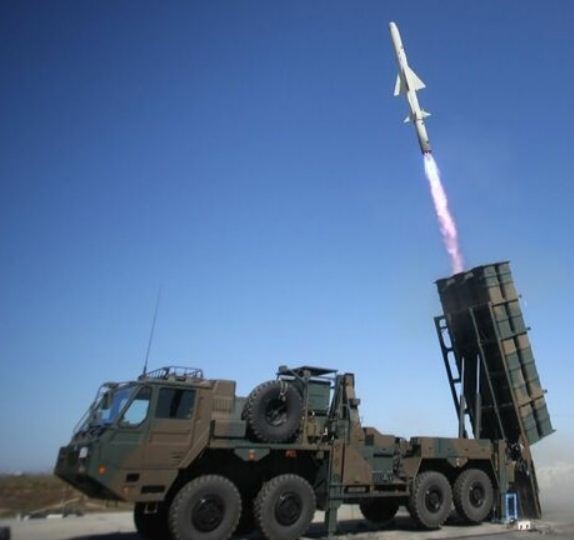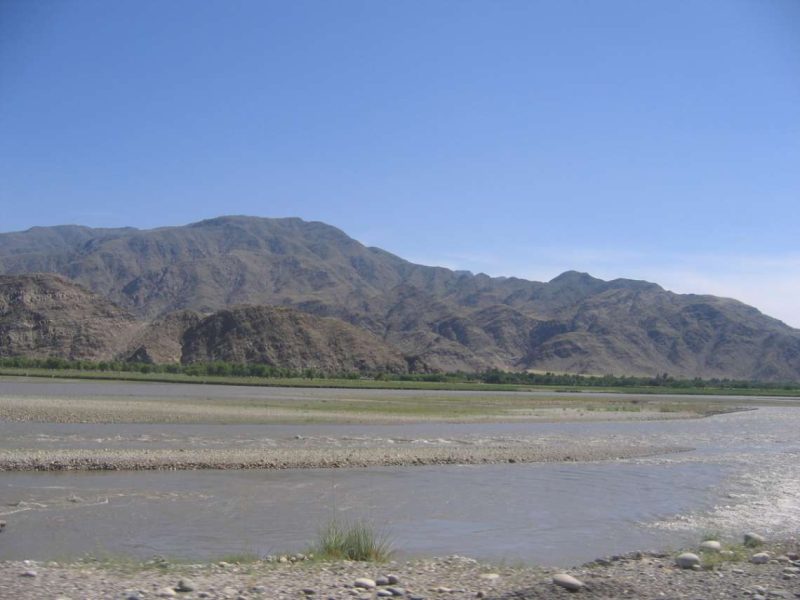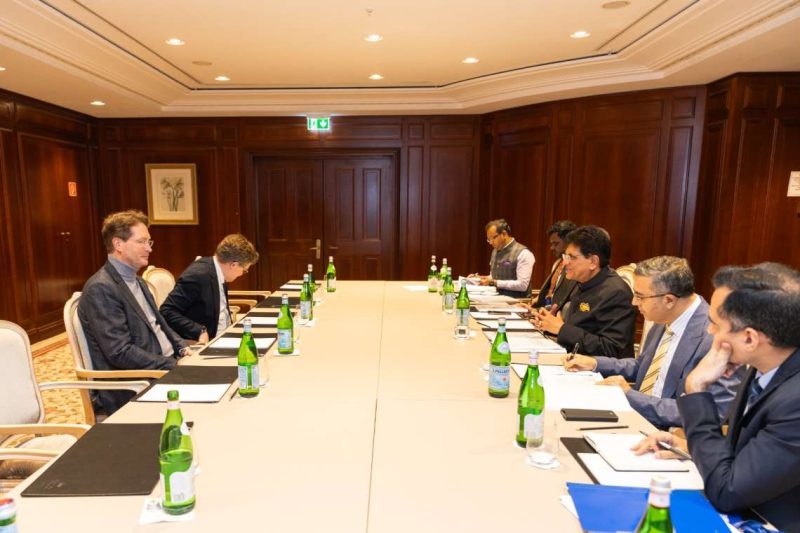Since it lifted its draconian COVID-19 controls near the end of 2022, China’s economy has been struggling to stage a comeback. …reports Asian Lite News
Amid the crisis gripping the Chinese economy, some migrant workers, labour brokers and shop owners have started moving out of the coastal cities and returning home as jobs in the country’s coastal cities face a reduction in job opportunities, the Voice of America (VOA) reported.
In its report on Thursday, it said that in China, January is typically a time when many migrant workers begin an annual trip home to celebrate the Lunar New Year. However, this year, the massive exodus from coastal cities to provinces across the country began much earlier.
Since it lifted its draconian COVID-19 controls near the end of 2022, China’s economy has been struggling to stage a comeback. Even Chinese President Xi Jinping acknowledged the challenges the country’s economy faced in 2023 in a televised speech on December 31 to mark the New Year.
VOA reported that a worker, Ha Hailiang, who worked in China as a labour broker for the past seven years, said that before the COVID-19 pandemic, there were plenty of jobs in Shantou’s Chenghai District, home to many factories that manufacture toys.
Now, orders and work have slowed dramatically in the city located north of Guangzhou and Shenzhen.
“Business here in Shantou is particularly bad right now, and no factory has orders,” Ma said. “I initially brought 200 people to the factory, but they left for various reasons. Now, there are only 30 of them left.”
Some left because they were working more than 12 hours a day. Others left because the factory had no orders and had to lay off workers, he said.
Shen Mei, 37, returned to Henan’s Xinxiang City from Guangzhou late last month. She told VOA that she once could earn around USD 1,000 to 1,100 a month working in a factory, which is much more than she could earn in her hometown.
“We would work 12 hours a day and often have to work overtime. It is normal to work 14 hours a day. I work the night shift and eat my first meal at 11 p.m.,” she said.
Shen said that most young people in her hometown go to other cities to work, but it has been hard to find jobs nationwide as many factories have closed.
“The situation in China is particularly bad right now. Many people are gnashing their teeth against the government but dare not speak out. No one is happy except for those who work in government,” Shen said. “The miserable life of ordinary Chinese people is indescribable. It’s not an individual case. It’s how most people’s lives are.”
Since it lifted its draconian COVID-19 controls near the end of 2022, China’s economy has been struggling to stage a comeback. Even Chinese President Xi Jinping acknowledged the challenges the country’s economy faced in 2023 in a televised speech on December 31 to mark the New Year.
Xi said China would push ahead with reforms and “consolidate and enhance the positive trend of economic recovery and achieve stable and long-term economic development.”
Despite his optimism, the outlook for some is grim.
Ma Lijuan, 38, is a chef at a toy factory in Guangzhou. She said she sees fewer workers in the canteen these days. She told VOA that many workers who have worked in the factory for a long time had pay cuts this year.
“My current income is half what it used to be before the pandemic,” she said.
Ma Xin runs a beef noodle shop near the Foxconn industrial park in Shenzhen. Foxconn is the world’s largest maker of iPhones, and its massive factory there has employed hundreds of thousands of workers in the past.
Ma said that he is not sure how many workers have left Shenzhen over the past year. Some media reports have suggested that more than a million people will leave in 2023. What is clear, Ma said, is that the lack of customers is already having a big impact on his business, VOA reported.
“In the past, when there were many customers here, the daily turnover was more than 7,000 yuan [USD 984]. This year, we can only make about 1,800 yuan a day [USD 251],” Ma said, which is only enough to cover rent and staff wages.
Ali, the owner of another beef noodle shop in Shanghai more than 1,000 kilometres up the coast, told VOA that 2023 was a particularly difficult year.
He said that many people “have no money in their pockets, and their spending power is gone.”
Compared with the past, Shanghai’s floating population–the number of migrant workers who come to the city for work and opportunities–was much smaller this year, Ma said.
“It’s sad. Many small factories here have closed down, and the main customers of those surrounding restaurants are migrant workers,” he said.
And that has left many restaurants with no choice but to close. (ANI)
ALSO READ: Pakistan Forms Cabinet Committee to Investigate May 9 Riots













